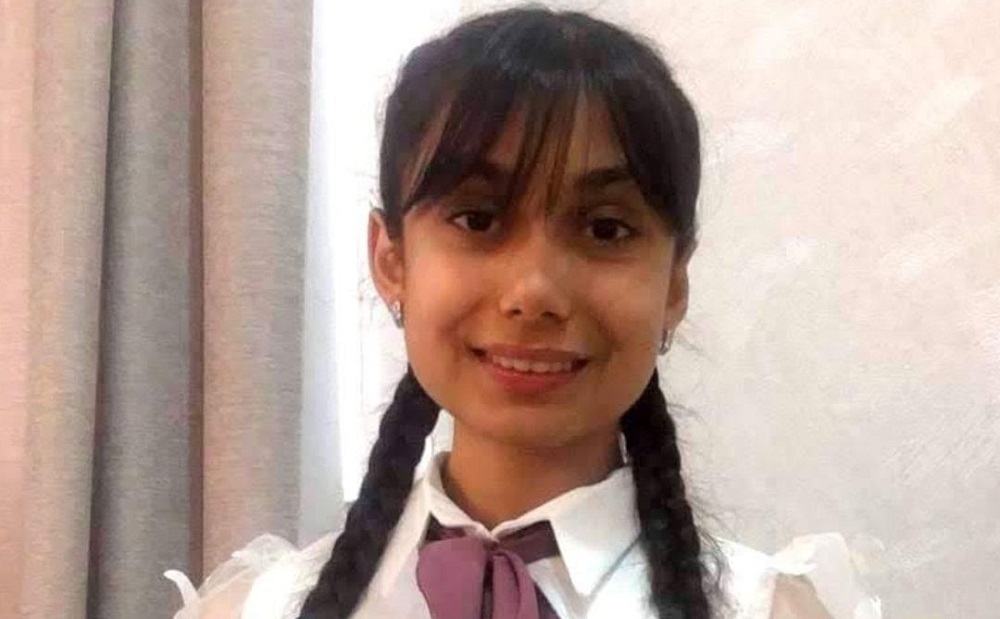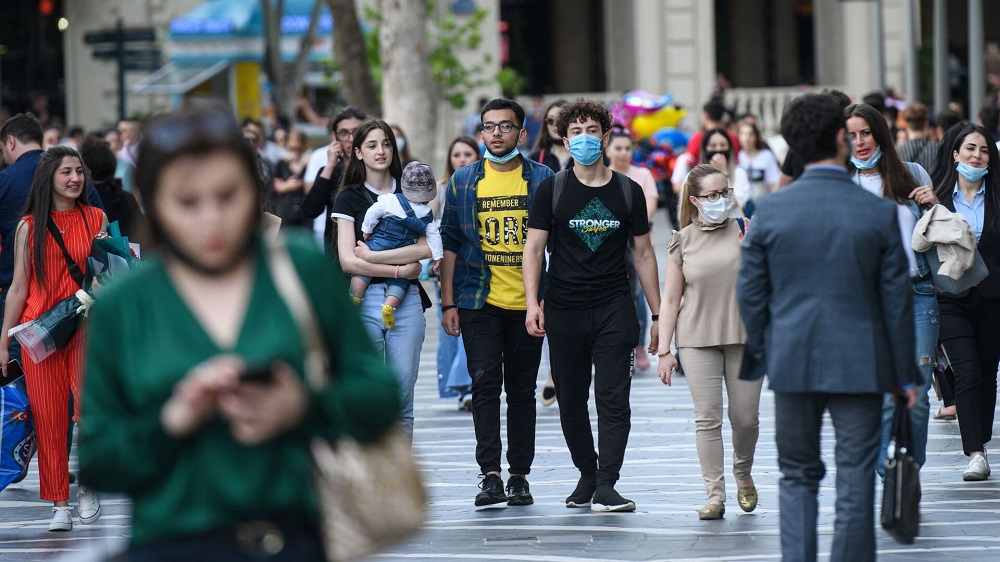Does tuition at Azerbaijani Universities match costs and teaching quality
Tuition fees at Azerbaijani universities
This year, sisters Aydan and Aysu Karimli became university students. However, their joy was dampened by news of rising tuition fees at some institutions.
Starting from the 2024-2025 academic year, annual tuition fees for certain specialties in Azerbaijan have been increased. University press offices clarified that the hike will only affect students enrolling this year. Those who were admitted earlier will continue to pay the previous rates.
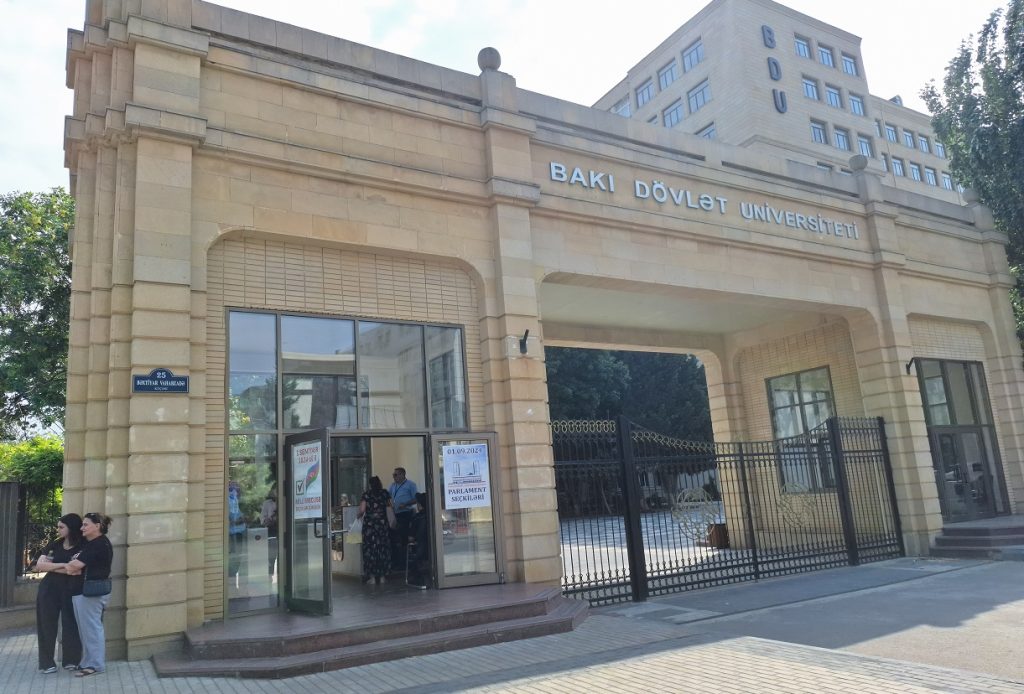
Some of these universities:
- At the Azerbaijan University of Languages, the annual tuition fees have increased for the following programs: Arabic and Korean translation, foreign language teaching (English, German, French, Spanish), and socio-psychological services in education. According to information provided to Turan by the university, before the increase, the cost of tuition for most of these programs was only 1,000 manats [about $588].
- At the Azerbaijan State Pedagogical University, the annual tuition fee has been increased from 2,000 manats [about $1,180] to 2,300 manats [about $1,350] for all programs.
- The Azerbaijan State Economic University (UNEC) offers 23 programs, but tuition fees have only been increased for one of them. The specific program and amount have not been disclosed.
“Our family cannot afford to pay for two students at once”
Aysu Kerimli, who scored 408 points on the entrance exams, dreams of becoming an economist. In Azerbaijan, the centralized state exam allows applicants to choose several universities and programs, and based on their scores, receive offers from institutions where their scores are sufficient. Aysu applied to the faculties of economics, management, marketing, and accounting at Baku State University, Azerbaijan State Economic University, Azerbaijan State Oil and Industry University, and Khazar University. She is now waiting for the selection results.
“I’m likely to get a spot in a program with free tuition. But just in case, I applied for two paid spots as well because there are many high scorers this year. I thought I might not get a state-funded place,” says Aysu.
She is worried that if she ends up in a paid program, her family won’t be able to afford it. She believes that increasing tuition fees is unfair:
“Even before university, families spend a lot of money preparing their children. After admission, there are additional expenses. Just considering the daily travel costs to the university, raising the annual tuition fee is wrong. Families are already struggling.”
“To avoid paying, we need to get a displaced person’s certificate”
Aydan, the younger sister of Aysu Kerimli, has been accepted into the “Taxation” program at the Financial and Economic College of UNEC. However, since she didn’t score high enough, she will have to pay for her education, which costs 1,000 manats (about $588) per year.
Their mother, Aynur Kerimli, is currently trying to gather documents to prove the family’s status as displaced persons to get a waiver for the tuition fees.
“My husband is a displaced person from the Kelbajar region. The college said we need to provide proof that Aydan comes from a displaced family to help with the fee waiver. We’re now waiting to see if Aysu will also need to pay. If she does, we will need to get a displaced person’s certificate so she can get free education. Unlike colleges, universities require a certificate, not just proof.
But we can’t get it because we need my husband’s ID, which is currently part of a criminal case, so we can’t obtain the certificate.”
Aynur adds that the family is in a tough situation and cannot afford to pay for the education of two children at once.
“Looking at the current state of Azerbaijan’s economy and people’s salaries, these fees are completely unreasonable. Most people earn a maximum of 700 manats (about $410) a month. How can we manage with these prices? Everything has already become more expensive. We barely manage to cover food and utilities. Children from low-income families need support to get an education. The tuition was already beyond our means, and now they’ve decided to increase the prices.”
According to official information, around 60,000 new students will enroll in Azerbaijani universities during the 2024/2025 academic year. Of these, about 32,000—more than half—will be paying for their education. The government will cover the costs for the remaining students.
In 2023, a total of 8,631 students were expelled from their universities due to non-payment, missing classes, or voluntary withdrawal.
“In the first place, the quality of education needs to be improved”
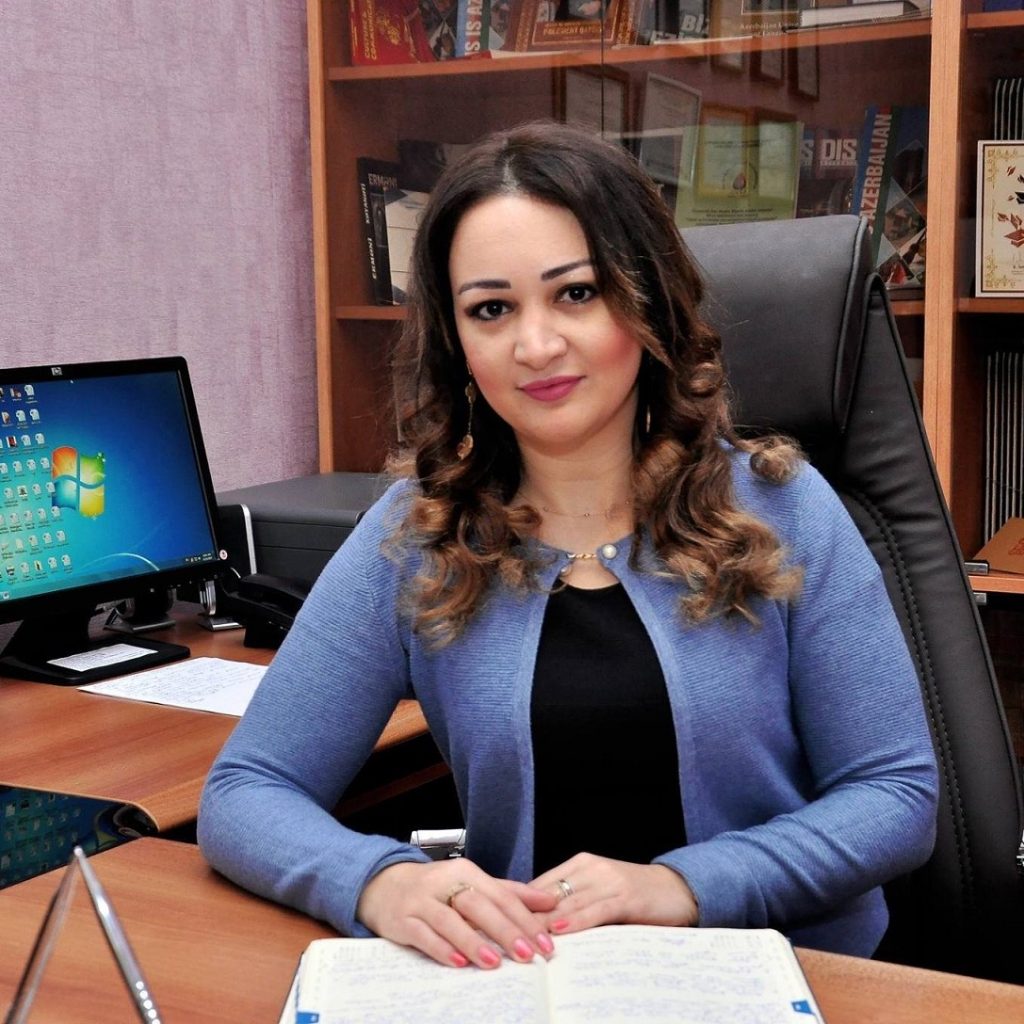
The public’s dissatisfaction with the increase in annual tuition fees is quite justified, according to education expert, PhD, and Associate professor Vusala Agabeyli.
“Many families’ budgets cannot cover the cost of tuition. Furthermore, the funds allocated by a family for each student are not limited to just tuition fees but also include expenses for transportation, clothing, dormitory or apartment rent, food, and so on. Due to all these reasons, a family’s budget often cannot support a student. Families facing rising costs of fuel, groceries, public transportation, and more are understandably outraged by the increase in tuition fees,” the expert stated.
Vusala Agabeyli believes that the rise in education costs is driven by the overall increase in prices across the country.
“The hike in tuition fees is likely aimed at increasing the salaries of teachers and administrative staff to offset the rising costs in other areas.
While raising employees’ salaries is a motivating factor, the most important aspect is improving the quality of education in classrooms. First and foremost, the quality of education must be improved,” Agabeyli emphasized.
“The state should ensure free education for its citizens”

Education at state universities should not be charged for the country’s citizens, argues activist Rustam Ismailbeyli.
“A state university is a public institution that exists for the benefit of society. It should not be managed like a business aiming for profit. In most developed welfare states, citizens can attend state universities for free. In some cases, even foreign citizens are offered free education.
Moreover, the tuition fees are disproportionately high. The average annual salary in Azerbaijan is around eight to nine thousand manats. The annual tuition fee at a university is approximately two to three thousand manats. That’s outrageous. Additionally, students often have to pay significant amounts of money to retake exams for failed subjects,” he emphasizes.
Rustam Ismailbeyli was once known as an “education prisoner.”
In June 2020, he and his like-minded peers held a protest in front of the Ministry of Education building with slogans such as “Abolish tuition fees!” and “Cancel the exams!” They demanded the cancellation of tuition fees for half a year, as all universities had switched to online education due to the COVID-19 pandemic, and students were not attending classes.
As a result, the Ministry of Education handed Ismailbeyli over to the police, and the student activist was sentenced to 15 days of administrative detention for “violating quarantine rules” and “hooliganism.” Five other activists were fined 100-200 manats.
Rustam Ismailbeyli believes the tuition fee hike is unfair.
“In our country, the government wants universities to be run like businesses so that it doesn’t have to spend money on education. This leads to our top universities focusing on making a profit. As a result, they prioritize hiring the best entrepreneurs over the best academics. The outcome is clear.”
A few years ago, the Minister of Science and Education, Emin Amrullayev, stated that “it is more appropriate to consider tuition fees on an individual basis.”
“In some cases, there are opinions that tuition fees should be abolished altogether or that the state should cover the cost of all higher education. However, if we move to a system where the state fully funds education, it means abandoning the principle of competition,” the minister noted.
“In the winter, our classrooms had no heating”
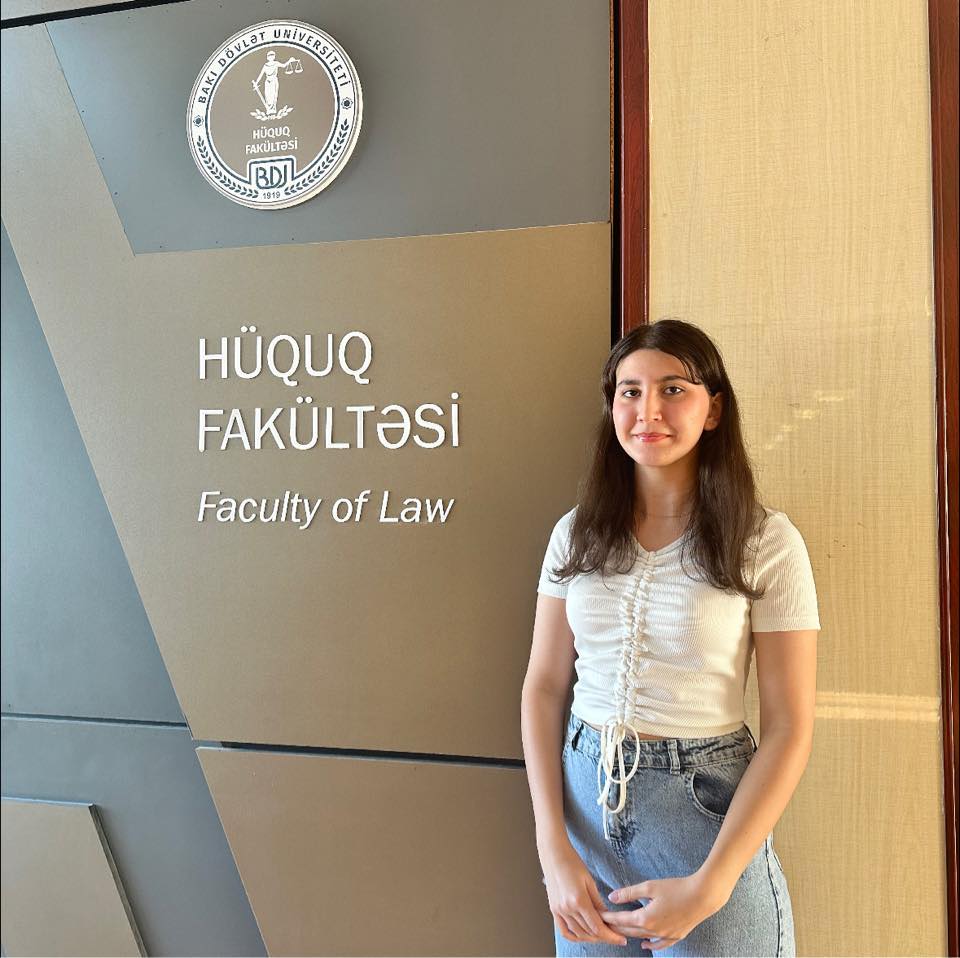
Fidan Amiraliyeva is a law student at Baku State University. She came to Baku from Barda.
Fidan was admitted to the university last year after scoring 560 points on the entrance exams, just 27 points short of qualifying for free place. As a result, she has to pay 4,500 manats [about $2,650] per year, which her family can’t afford.
“My family can’t pay this amount. Only my father works, and his income isn’t that high. So, my uncle is covering the costs,” says Fidan.
According to her, the quality of education provided by the university for such a high fee is very poor.
“The education I’m receiving for this amount is completely unsatisfactory. I’ve written about it many times on social media. For example, our classroom lacks basic facilities. Usually, classrooms should have monitors, but ours don’t. There’s no equipment at all. Last winter, the heating in our classrooms didn’t work. I don’t even want to talk about the quality of the lectures. This is not the level of education I expected from the country’s top university for 4,500 manats,” Fidan complains.










